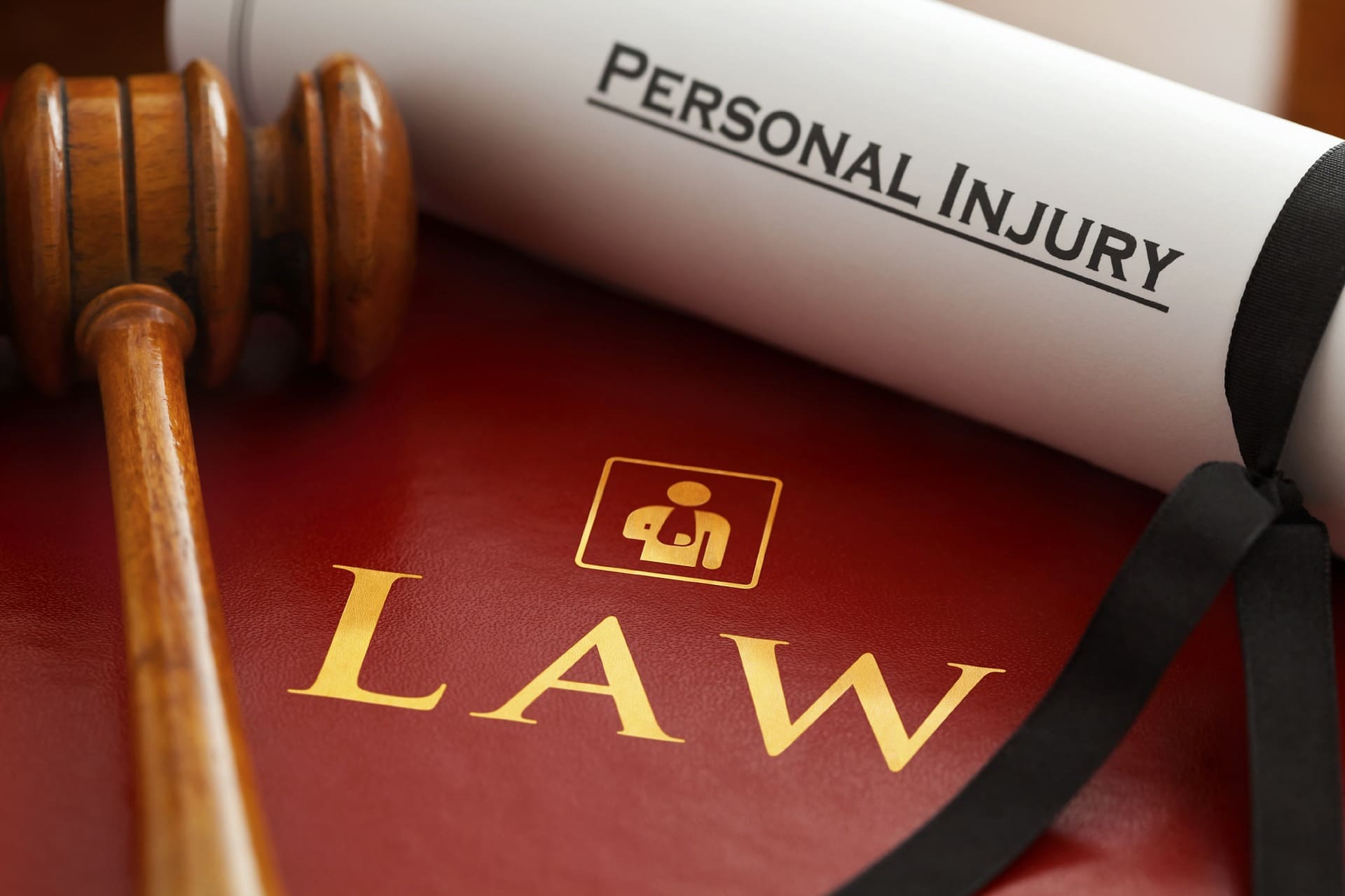If you’ve ever visited an indoor family entertainment center, like a trampoline park, indoor rock-climbing facility or bounce house, you’ve probably signed a liability waiver agreeing that you can’t hold the facility accountable for any injuries you or your family may suffer. Alternatively, you may have agreed to take your claim to “arbitration” — a private proceeding where a “neutral” third party hired by the facility will resolve the dispute with no right of appeal. But these waivers aren’t enforceable in every case, so if a family member has been hurt at one of these facilities, you should still contact an attorney to see what kinds of rights you might have.
A recent example comes from Massachusetts. Elmer Cruz took his 15-and 8-year old sons and his 13-year-old niece to Sky Zone, an indoor trampoline park north of Boston. Cruz, an immigrant from El Salvador, apparently couldn’t read or write in English, so his 15-year-old son executed Sky Zone’s liability waiver, which consisted of typing information into a computer and hitting a button. The boy didn’t attempt to explain to his father what he was doing, nor is it clear that he understood the legal significance, because he apparently just told his father that they needed to “go to the computer” before they could enter the facility.
Once inside the park, Cruz broke his ankle, necessitating several surgeries and leaving him unable to work for two years. He and his wife sought to hold Sky Zone responsible.
Sky Zone tried to get the case dismissed, citing the waiver and arguing that even if Cruz had a claim, he agreed in the waiver that any dispute would be decided by a private arbitrator.
But a trial judge ruled that the case could go to trial. According to the judge, Sky Zone presented no evidence that Cruz understood the waiver, gave his son the authority to execute it on his behalf or agreed to the terms on his own by entering the facility after his son put their information into the computer. As a result, Cruz will get his day in court.
